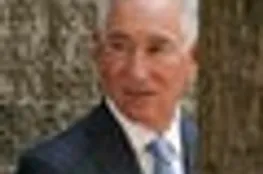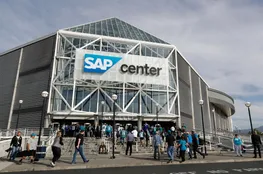Former Alderman Ambrosio Medrano lasted five years on the notoriously corrupt Chicago City Council before being imprisoned for accepting bribes. He made it clear that he would never turn on his colleagues. Medrano's successor in the 25th Ward, Danny Solis, also faced legal troubles, involving bribery and other misconduct. Unlike Medrano, Solis became a government informant to avoid prison time. He wore a wire to help investigations into prominent Democrats, Edward Burke and Michael Madigan. Burke was convicted of multiple charges, while Madigan denies any wrongdoing.
The contrasting paths of Medrano and Solis highlight the deep-seated corruption in Chicago's City Council. Instead of praising Solis for aiding in the cleanup of the government, many council members viewed him as a traitor. This reaction demonstrates a broken moral compass within the council, prioritizing loyalty over integrity. Over the past fifty years, nearly 40 aldermen have been imprisoned, reflecting a longstanding culture of corruption.
A 2023 University of Illinois Chicago report found that from 1976 to 2021, the Chicago area had the highest number of federal corruption convictions, totaling over 1,800. Illinois ranks third in corruption convictions per capita, following the District of Columbia and Louisiana. This corruption is explored in the Tribune's series, 'Culture of Corruption.' Chicago's corruption can be attributed to a deeply ingrained culture and an unwritten power-sharing agreement between the mayor and the council that undermines checks and balances.
Aldermanic prerogative, where aldermen have near-total control over their wards, has created numerous opportunities for graft. The system's resistance to change is deeply rooted, dating back to the city's early years. Historically, the city's first charter in 1837 limited the mayor's powers, giving aldermen significant authority, which they used for personal gain. Over time, the city saw numerous scandals, such as the 1869 bribe-ridden contract to paint city hall and the notorious 'gray wolves' aldermen who overtly engaged in corruption.
Noteworthy figures like Carter Harrison Jr. criticized aldermen as driven by greed. Despite efforts for reform, the entrenched system continued to foster a corrupt political environment. The modern political machine, perfected by Richard J. Daley, concentrated power among a few, perpetuating corrupt practices. Aldermanic prerogative remains a key factor, allowing aldermen to leverage their power for personal gain, as seen in multiple convictions over the years.
Mayors have struggled to reform this system. Mayor Lori Lightfoot attempted to curb aldermanic powers but faced resistance, highlighting the difficulty of changing long-standing practices. Her successor, Brandon Johnson, has shown less emphasis on reform, maintaining strong mayoral control and indicating that Chicago’s struggle with corruption is far from over.
























